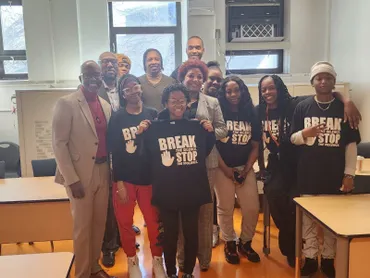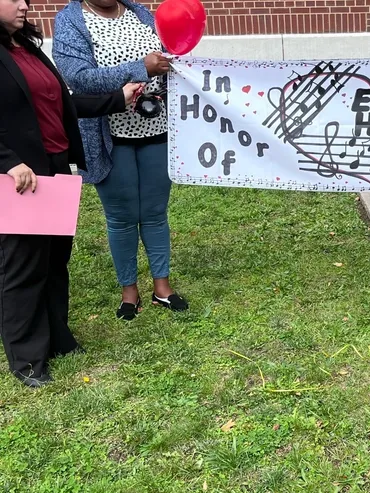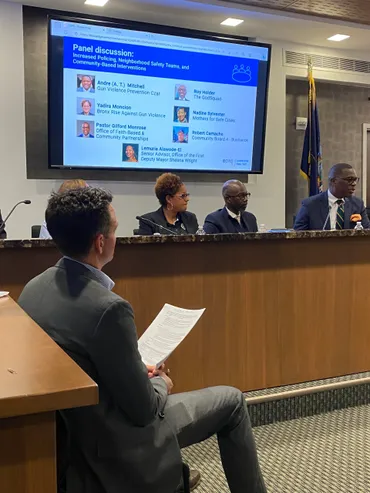Strong, resilient, and welcoming communities result from active participation by all community members. When people in a community band together to fix problems, it makes everyone feel like they belong and has an effect that goes beyond their own block. We look at seven strong arguments for the importance of community involvement:
Encouraging unity between people
By encouraging people to get to know one another, community involvement helps to reinforce existing social bonds. People build trust and a feeling of community when they take part in group activities. The establishment of a nurturing atmosphere where people feel appreciated and linked relies heavily on this social cohesiveness. Having supportive relationships with others lessens the impact of loneliness and isolation on one’s mental and physical health. In addition, when people have a sense of belonging in a community, they are more likely to work together towards shared objectives and overcome obstacles.
Promoting Empowerment
People are empowered when they actively participate in community efforts. This is because it gives them a voice and a feeling of agency. People acquire self-assurance and the ability to lead when they positively impact their community. This empowerment also goes out to underrepresented and marginalized groups to ensure that other viewpoints are acknowledged and appreciated. When people have the means to meet their own and others’ needs, they are more inclined to work towards creating communities where everyone feels welcome and valued. Community involvement encourages a spirit of mutual aid and accountability by including locals in policymaking.
Improving Local Governance
Greater openness, accountability, and responsiveness are hallmarks of well-engaged communities, which in turn enhance local governance. By being involved in community affairs, citizens can ensure that their elected officials are answering their needs and goals and that their tax dollars are being used wisely. Local policies and projects are better understood by engaged communities, which in turn leads to more inclusive and effective government. In addition, citizens’ unique perspectives and experiences may greatly enhance public services and inspire creative problem-solving when they participate in decision-making processes.
Creating Community Resilience
Community resilience is the capacity of a community to endure and bounce back from challenging circumstances, such as social upheavals, economic slumps, or natural catastrophes. The development of robust support and cooperation networks is an essential component of resilience, and this is where community involvement comes in. Communities that are actively involved are better able to handle crises and get back on their feet faster. In times of crisis, they may coordinate the distribution of supplies, disseminate relevant information, and mobilize resources. Community participation strengthens communities’ ability to adapt and prosper by fostering a mindset of readiness and shared accountability.
Involvement of the community
Participation from a wide range of people in community events and decision-making processes helps make sure that everyone’s opinions are considered. This openness guarantees a fair distribution of resources and opportunities and helps in the fight against systematic inequality. Affordable housing, accessible healthcare, and excellent education are examples of equity-promoting policies and practices that engaged communities are more inclined to support. More fair and just results are achieved when vulnerable and marginalized groups are actively involved in the community.
Promoting Economic Growth
Community involvement propels economic growth in the area by instilling a feeling of pride and ownership in local inhabitants. Businesses, investments, and economic activity are all positively correlated with community engagement. Economic development and new employment possibilities are two ways in which this local investment boosts the community’s standard of living. Donors and investors are more likely to put money into communities that are actively involved in their development. Thus, community participation is a double win. Community participation is the engine that propels long-term economic growth by fostering an environment that values teamwork and new ideas.
Promoting a Higher Standard of Living
The fundamental idea behind community participation is that it improves inhabitants’ quality of life by making the neighborhood more lively, welcoming, and supportive. To meet the needs and interests of its varied population, engaged communities provide a multitude of services and events. Social services, educational possibilities, recreational programs, and cultural events all fall under this category. Community involvement makes for a better place to live by encouraging health and a feeling of connection. Because they have access to services and communities that improve their mental, emotional, and physical health, residents have a better quality of life.







